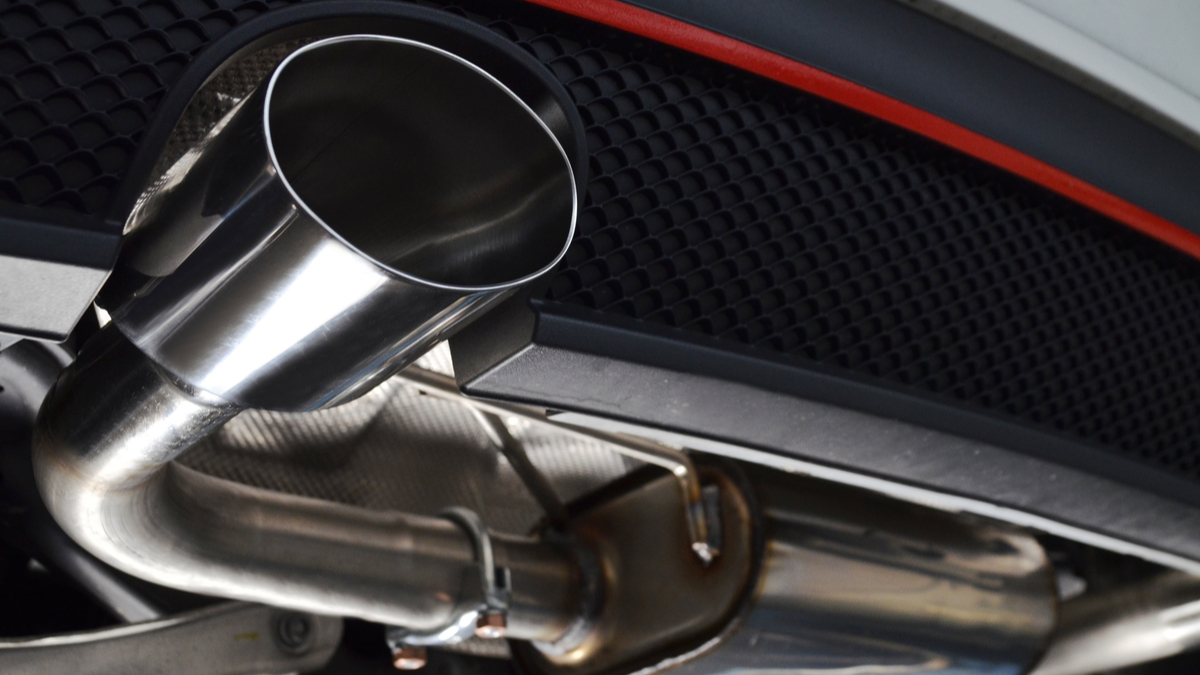
We’ve all heard of car emissions. Many of you may immediately think of the test you have to get before getting your car registered each year. Maybe you don’t think too much about it except that you need your Utah car mechanic to give you the sticker and write “pass” on your form so your registration can continue. While that is true, there is a reason the government takes such a concern. Car emissions can impact the environment and for that reason, there are limitations on what our cars are allowed to emit. You play a big role in helping to keep our environment green.
What are in our car emissions? Do emissions tests really make a difference?
Again, car emissions can be a concern because motor vehicles pollute our air. Things like greenhouse gases, carbon monoxide, nitrogen oxide, and sulfur dioxide are emitted into the air when gasoline is burned in our vehicles. They also contain particulate matter. Each of these acts as a toxin in the air and increases air pollution. From burning one gallon of gasoline, 8,887 grams of carbon dioxide are given off. You do not have to be a scientist to know that doesn’t sound optimal for the environment.
Emission tests matter, because they keep things in check. The government has created standards for vehicles and trucks, to limit the amount of pollution emitted into the air. This makes a huge difference. When you think about third-world countries or even second-world countries that have no regulation on their fuels burned, consider the air that people are breathing in. Those toxins have to go somewhere. Toxins and pollution can make a considerable impact on air quality, especially in population-dense areas.
What causes car emissions problems in vehicles?
Typically, there is a leak somewhere, often in the EVAP (evaporative emission control system). Other issues include vacuum leaks, mass airflow sensor failure, fuel injection issues, and oxygen sensor malfunctions. All of these things impact the gases that are emitted from the tailpipe of your vehicle. Your mechanic will be able to help you identify the problem.
How to eliminate emissions problems?
The most basic way to eliminate emission problems is to stay on top of the upkeep of your vehicle. Do regular oil changes, change the filters, get the emissions checked every year, examine and check the PCV and EVAP systems, receive regular tune-ups, etc. If something like the muffler needs replacing, don’t wait until it’s fallen off of your car. Take care of that muffler replacement immediately. There are a lot of trustworthy, reputable Utah mechanics like Master Muffler that have an all-in-one shop and can schedule routine appointments for you so that you don’t have to worry about these things. If you don’t know how to check the things previously mentioned, then, it’s time to find a quality mechanic that can help you.
What else can be done?
One of the biggest things that can be done is to simply be conscious of your vehicle, the problems it has, and the emissions it is releasing. In order to properly maintain the emissions of your vehicle and act environmentally responsible, you should maintain the upkeep of your vehicle. Find a good Utah mechanic that can test your emissions annually, as well as keep your car finely tuned. Also, consider going green. Look at potentially moving toward a more environmentally friendly vehicle or truck, carpooling, and/or walking/biking. The future is as bright as your preparations and considerations.
Related Posts
Key Takeaways On average, passenger vehicle tires last 40,000 to 60,000 miles, depending on type, driving habits, and maintenance. Replace tires when tread depth reaches 2/32”, if damaged, or older than 10 years. Regular rotation, alignment, and proper inflation extend tire life. Aggressive driving, poor roads, and harsh weather shorten tire lifespan. Take advantage [...]
When you think about car maintenance, you probably focus on oil changes, tire rotations, and maybe even brake pad replacement. But what about your brake fluid? If you’ve ever wondered, “What does brake fluid do?” or “Why is brake fluid important?”, you’re not alone. Brake fluid might not be the most talked-about part of [...]
Is that high-pitched squeal from your brakes driving you—and everyone else—crazy? Don’t ignore it. Squeaky brakes aren’t just annoying, they’re your car’s way of saying something needs attention. Whether you're cruising through Salt Lake City or winding up Idaho’s mountain passes, here’s what’s likely going on, how you can fix it, and when it [...]





